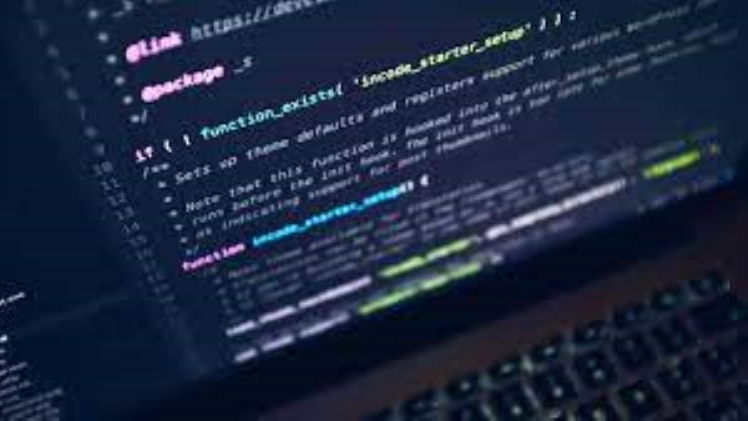Despite what you may have heard, programming a computer isn’t difficult. Computer programming is a skill that anyone can pick up, given enough practice, patience, and caffeinated beverages. Although computers may seem like tremendously complex electronic beasts, relax. Few people know how an internal-combustion engine works, yet people still figure out how to drive a car. Similarly, anyone can pick up programming skills without worrying (too much) about the specific details that make a computer work.
The first question that you (or your friends, co-workers, and relatives) may ask is, “Why bother learning to program a computer?” The answer depends on your ultimate goals, but the following list offers some common answers to consider: For fun: People learn skiing, dancing, gardening, scuba diving, and flower-arranging because they enjoy the experience. Similarly, programming a computer can prove fun because you can, for example, design simple programs that display your boss’s ugly face on the computer.
More complex programs may make you a million dollars so that you never again need to work for a boss with an ugly face. Figure 1-1 shows a program known as Comedy Writer, which prods users into creating funny ideas. A stand-up comedian wrote the program in BASIC for his own amusement, using a program known as CA-Realizer. Then he decided to sell the program to others. To fill a need: Many people learn programming with no intention of becoming a full-time, professional programmer.
Lastly
They just want a program that solves a particular problem, but they can’t find a program that does it, so they write the program themselves. A psychologist who specialized in dream interpretation used his knowledge and a program known as ToolBook to create and sell DreamScape, a program that interprets the meaning of dreams, as shown in Figure 1-2. Whatever your interests, you can write a program to solve a specific problem that others may find useful as well.

